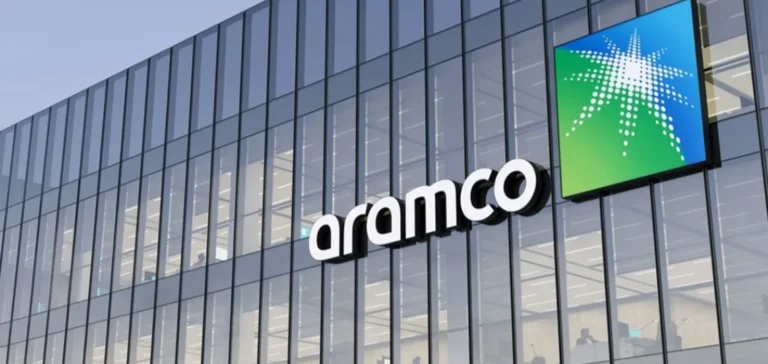State-run Bangladesh Oil, Gas and Mineral Corporation, known as Petrobangla, is in the final stages of negotiation with Saudi Arabian Oil Company (Aramco) to sign a memorandum of understanding on energy cooperation, including liquefied natural gas (LNG) imports. The draft document has been submitted to the Ministry of Law, Justice and Parliamentary Affairs for legal review.
Petrobangla Chairperson Rezanur Rahman stated that the talks aim to establish a formal framework for collaboration, enabling LNG supply through both short- and long-term contracts. Aramco, via its trading arm Aramco Trading Company, has already delivered several spot cargoes through competitive tenders.
Short-term agreements and new strategy
Aramco is initially offering a short-term sales and purchase agreement (SPA), marking its first formal entry into Bangladesh’s LNG supply chain. Rahman noted that the targeted volume would mirror the deal with OQ Trading from the Sultanate of Oman, totalling 17 cargoes over a 17-month period.
The agreement with OQ Trading, effective since August 2025, includes five shipments in 2025 and twelve in 2026. It is Bangladesh’s first short-term LNG contract based on the Japan Korea Marker (JKM) index, with a premium of $0.15 per million British thermal units (MMBtu). This type of contract offers more flexibility than long-term deals indexed to Brent crude.
Reducing reliance on the spot market
Diversifying short-term suppliers is aimed at reinforcing the country’s energy security during peak demand periods, such as summer and Ramadan, while reducing exposure to volatile spot market prices.
Currently, Bangladesh sources LNG primarily from QatarEnergy LNG (formerly Qatargas) and OQ Trading under long-term contracts. These agreements provide a stable base supply but lack contractual flexibility. In parallel, Rupantarita Prakritik Gas Company Ltd., the public entity in charge of LNG procurement, purchases three to four spot cargoes per month, depending on demand.
Record import forecast for 2025
According to Petrobangla estimates, the country plans to import 52 spot LNG cargoes in 2025, marking the highest annual volume to date. This increase reflects growing pressure on gas supply, which is already being rationed for industries, power plants and other high-demand consumers.
The discussions with Aramco are part of a broader strategy to diversify sources, secure competitive volumes, and optimise contract structures in a tightening market.






















